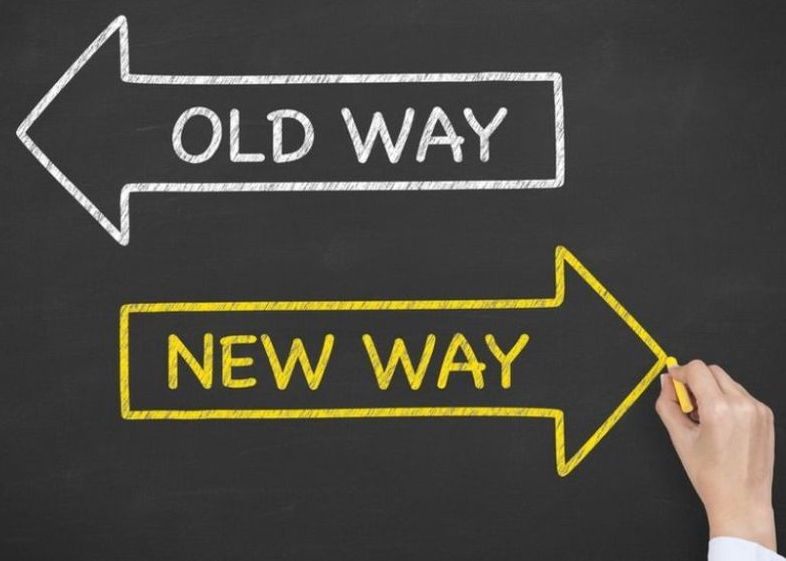Given the accelerating momentum of climate change and its devastating effects, perhaps the time has come to incentify addressing this crisis through a tax increase on fuel consumption married to a decrease in income taxes. Given that taxes not only fund the government but are often used to influence behavior, should we continue to tax work and career advancement, which I believe we want to incentify, while leaving taxation of a product that is destroying our environment artificially low?
Since 1993, politicians have chosen to leave the federal gas tax at 18.4 cents/gal, while the purchasing power of funds for highway repairs shrank by 43%, the number of “structurally deficient bridges” grew to 45,000 and global warming gained significant momentum. Instead of educating the public about our rotting bridges and the enormity of the damage being done to our environment, politicians failed to be honest with the American people and failed to lead us to address these burgeoning challenges.
Many of us may balk at the price of gas, but it might help to know that while we pay a tax of $0.184/gal, the tax alone in Germany is $1.99/gal, in France $2.50/gal, and in England $2.76/gallon. Perhaps this is one of the reasons why the US ranks 13th for the overall quality of infrastructure among advanced countries. Poor road and bridge conditions aren’t just statistics, they’re a significant safety issue. During the last 50 years, 53 bridges have collapsed, during 2000-2011 7,486 traffic deaths were attributed to road defects, and potholes cost us roughly $300/yr in damages per vehicle.
To address both our deteriorating infrastructure and the climate crisis, I recommend we raise the price of gas, diesel, and jet fuels buy $0.10/gal per year for the next 10 years, and offset that with a corresponding reduction in income taxes. Given that the average vehicle in the US is driven 12,000 miles/year, gets 23mpg, and consumes 520 gals/yr, the cost of the gas tax increase would be just $52/year the first year, $104/yr the second year, and so on. Slowly phasing in fuel tax increases would give individuals and businesses time to adapt and incentify the purchase of more fuel-efficient vehicles and using other means of transportation.
A payroll tax reduction equal to the average fuel tax increase should be implemented at the same time for those making less than $2,500 per week. For the working poor, those receiving an Earned Income Tax Credit (EITC), the amount of the gas tax increase should be added to their credit. Given the need to change disbursement of the EITC to a weekly credit, I recommend that be done and the credit be added to their payroll.
As the needs of our nation evolves it is essential that we realign tax policies to be consistent with those needs. High labor tax rates, particularly on overtime work, artificially low taxes on the use of roads, and zero taxes on air pollution, have been detrimental to us for far too long. Switching some of the basis of taxation from income to fuel consumption would incentify work, attack global warming, create jobs in the auto and highway repair industries, and it wouldn’t increase total taxes on the vast majority of people making less than $130k. For our nation to live up to its potential we need to work smarter, not harder.
Lastly, as the 2022 election campaign cycle begins, I recommend we support candidates that are flexible, creative and eager to put the needs of the people and nation above protecting vested interests and the status quo. All of us, but especially we baby boomers, were blessed to inherit a wonderful interstate highway system and environment. I submit that it imperitive that we do all we can to repair and conserve that which we were given for future generations.

